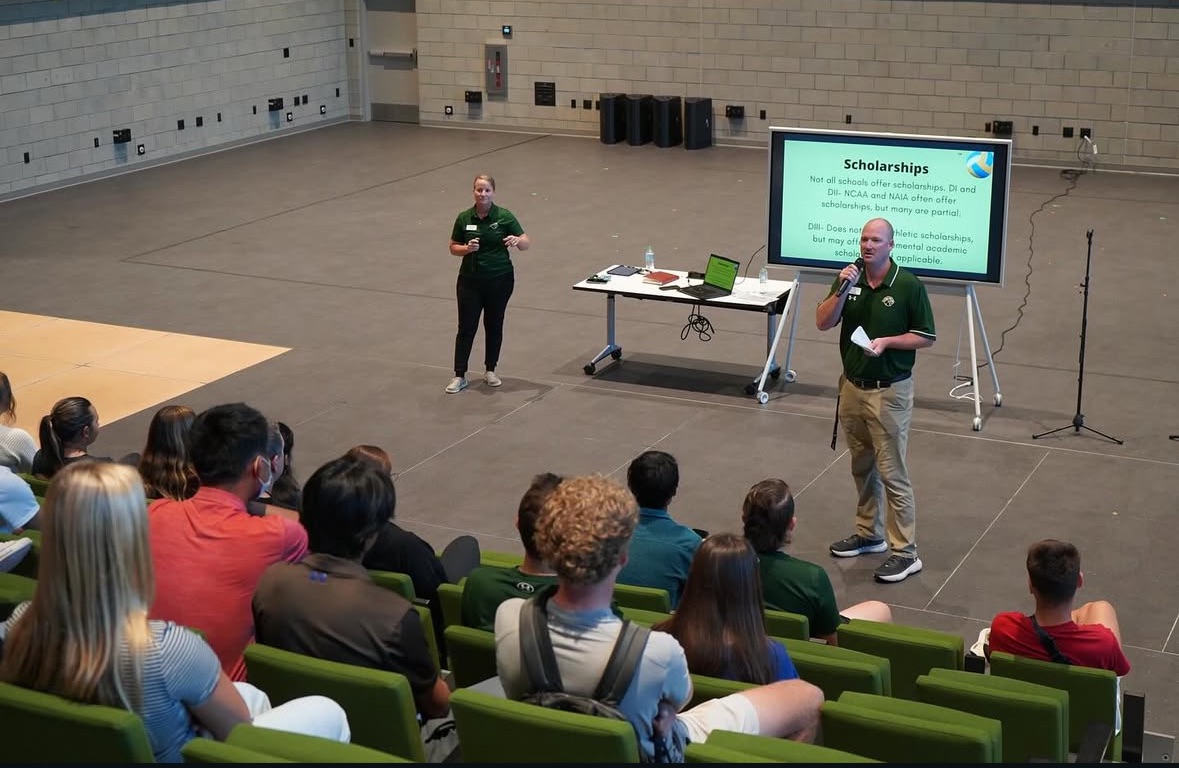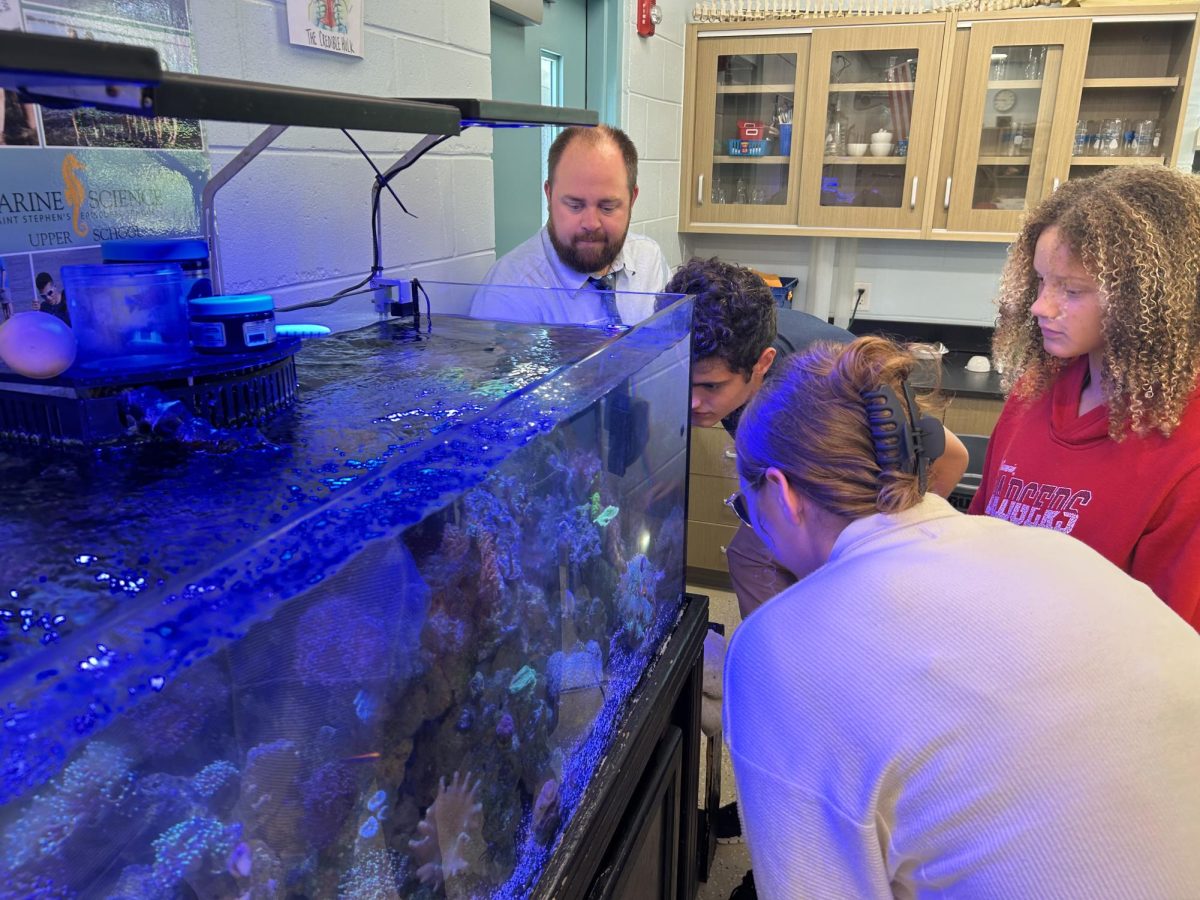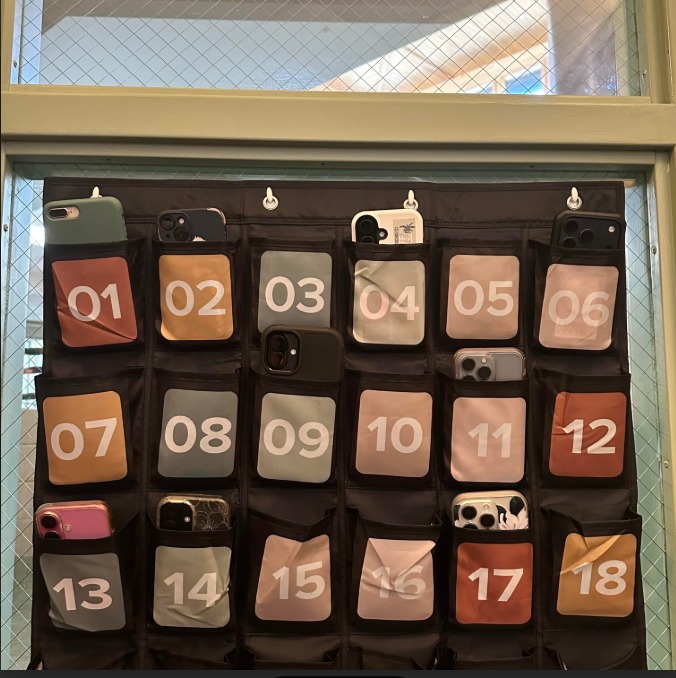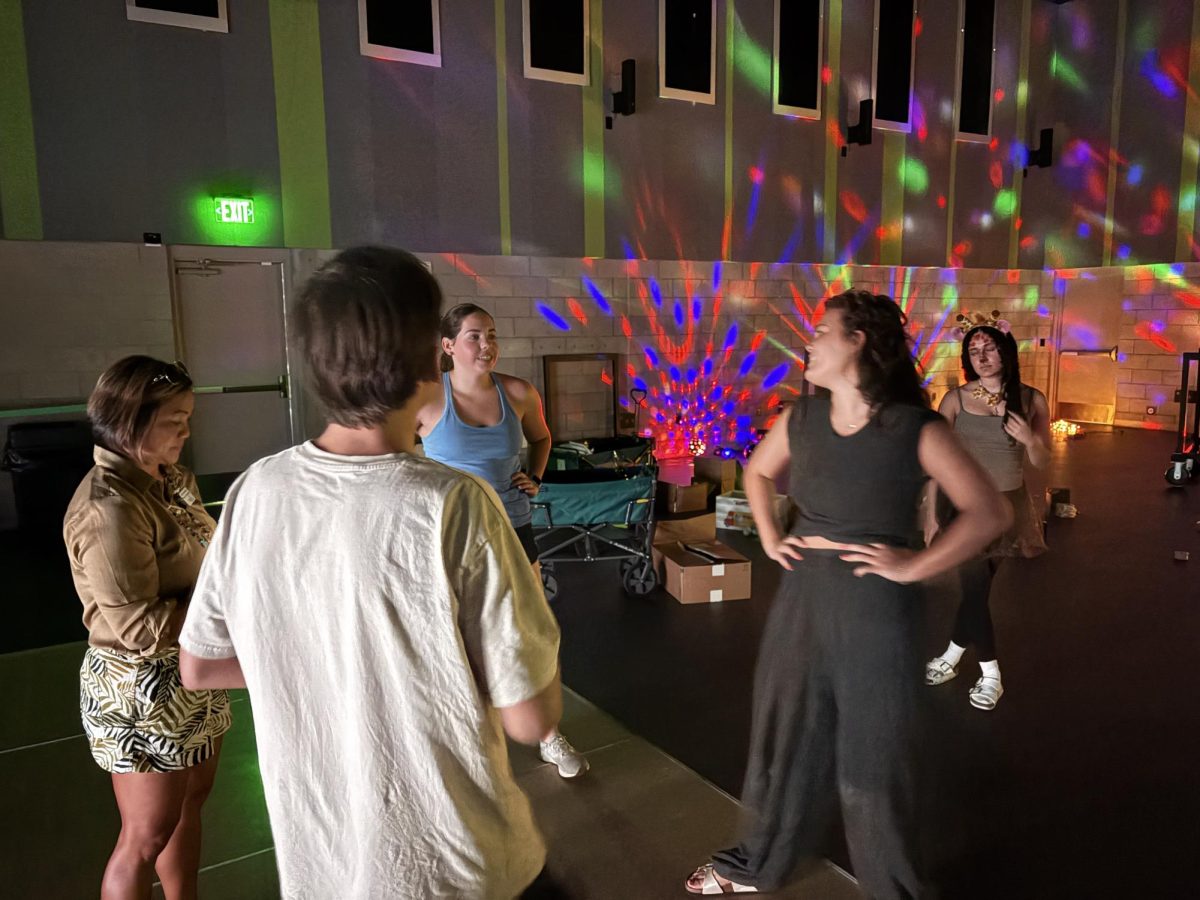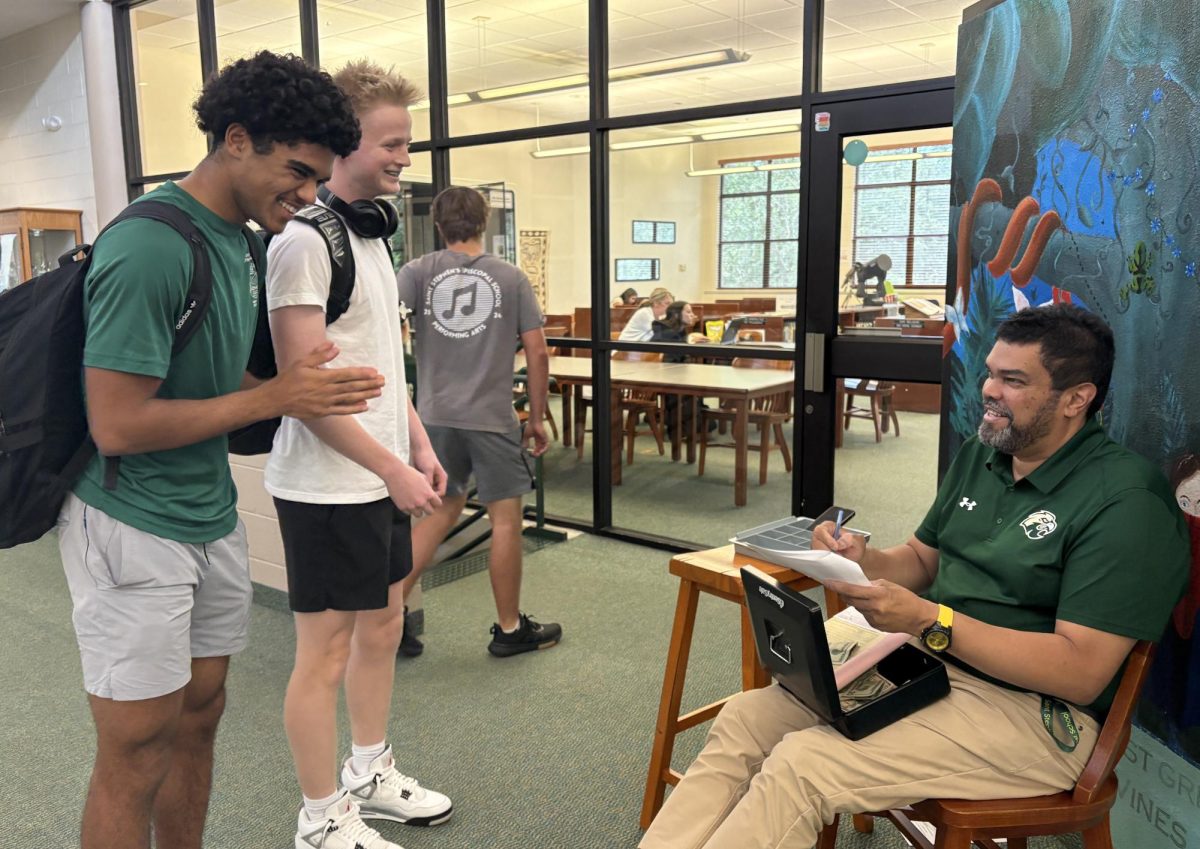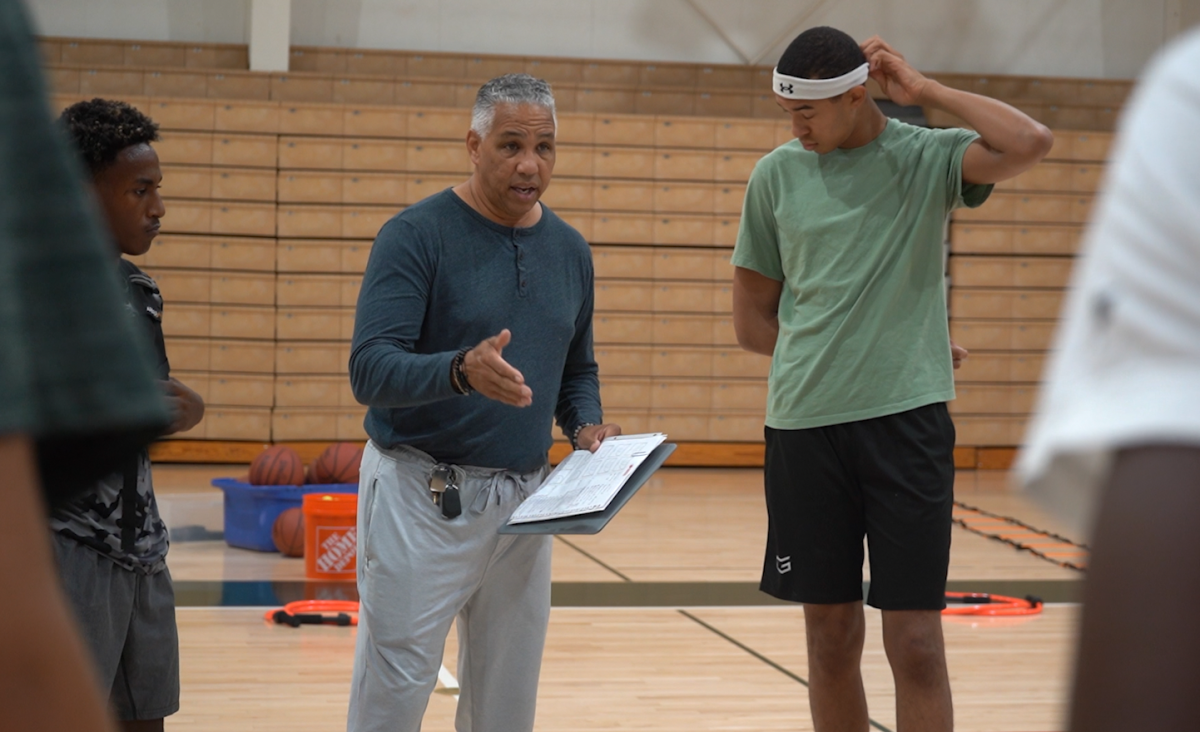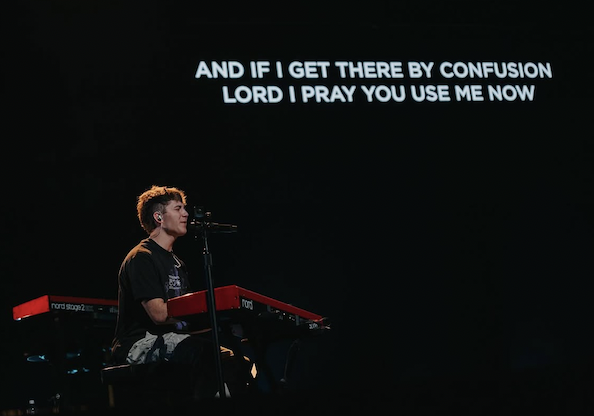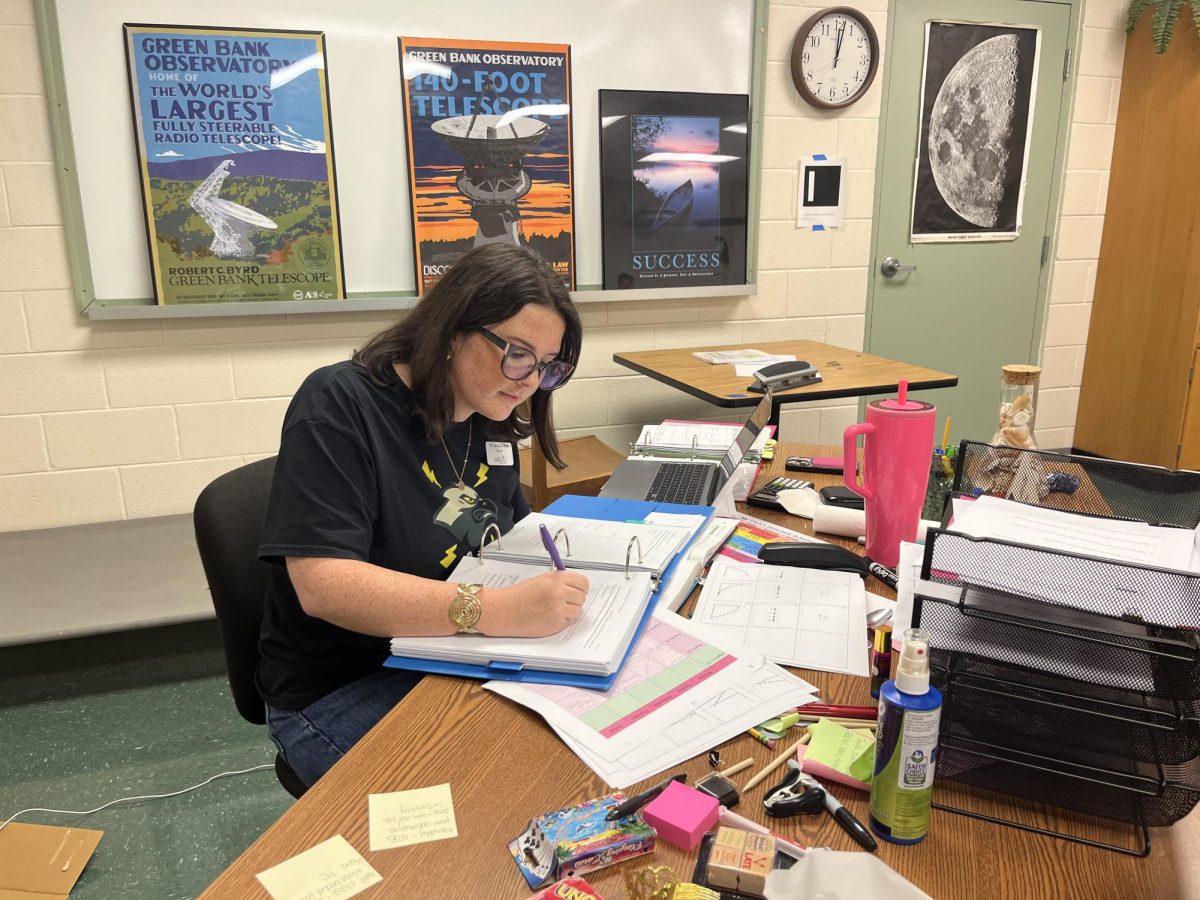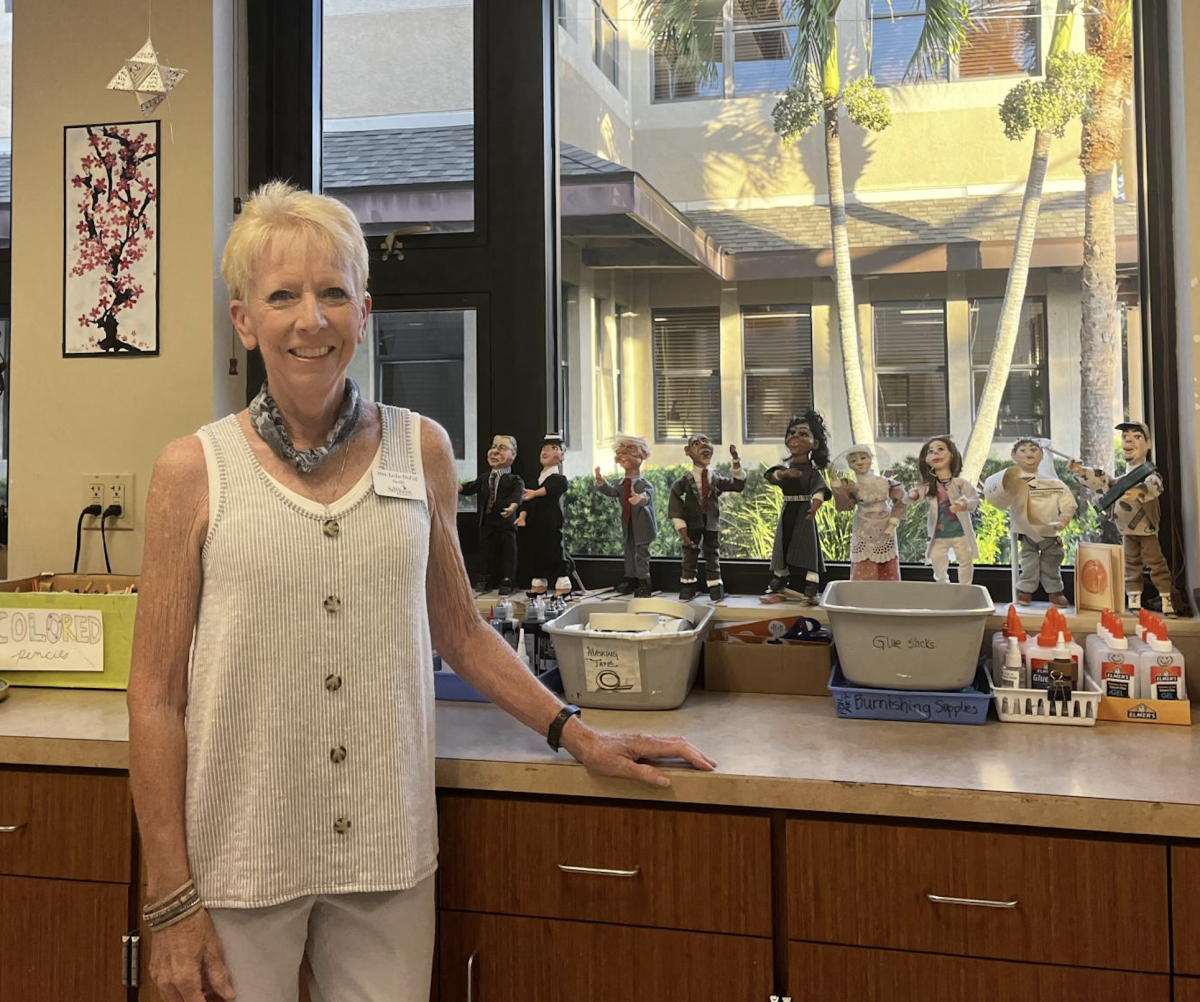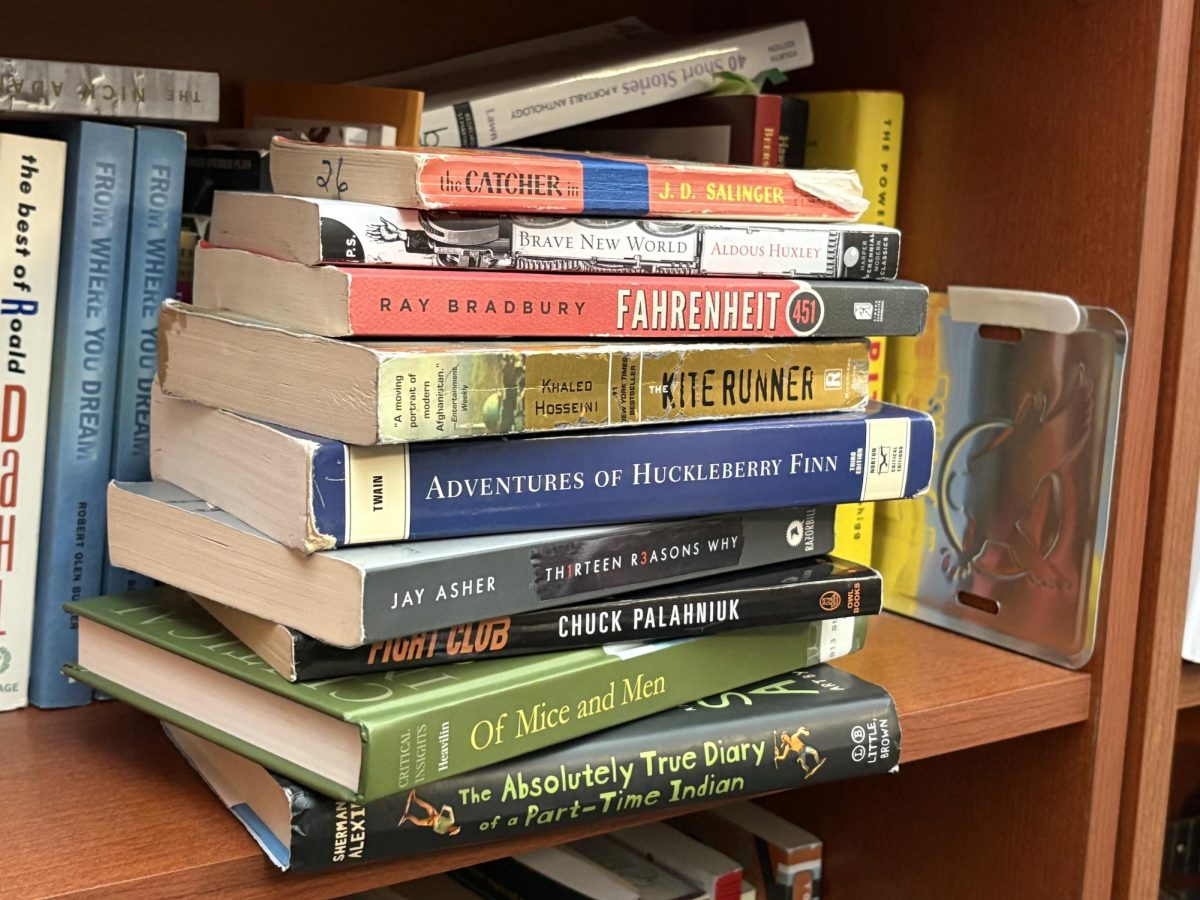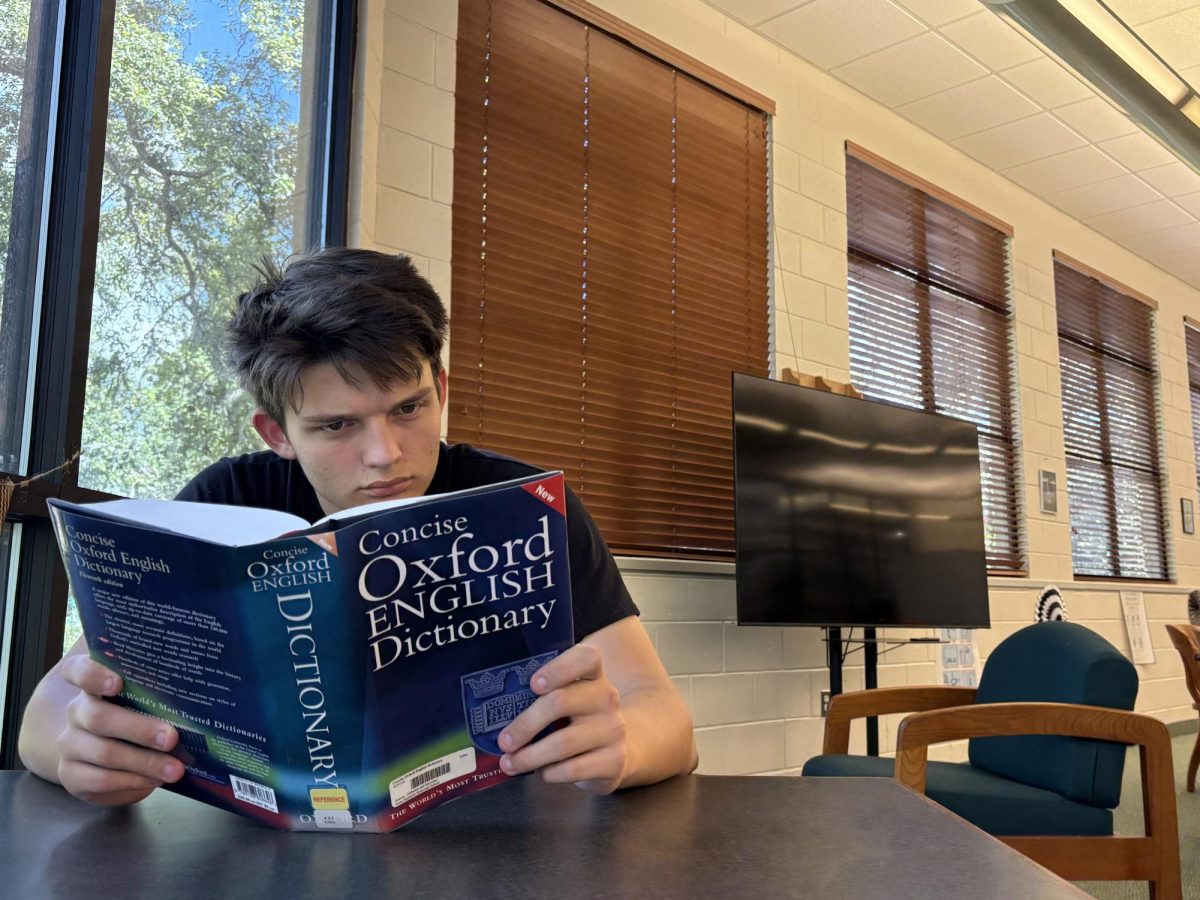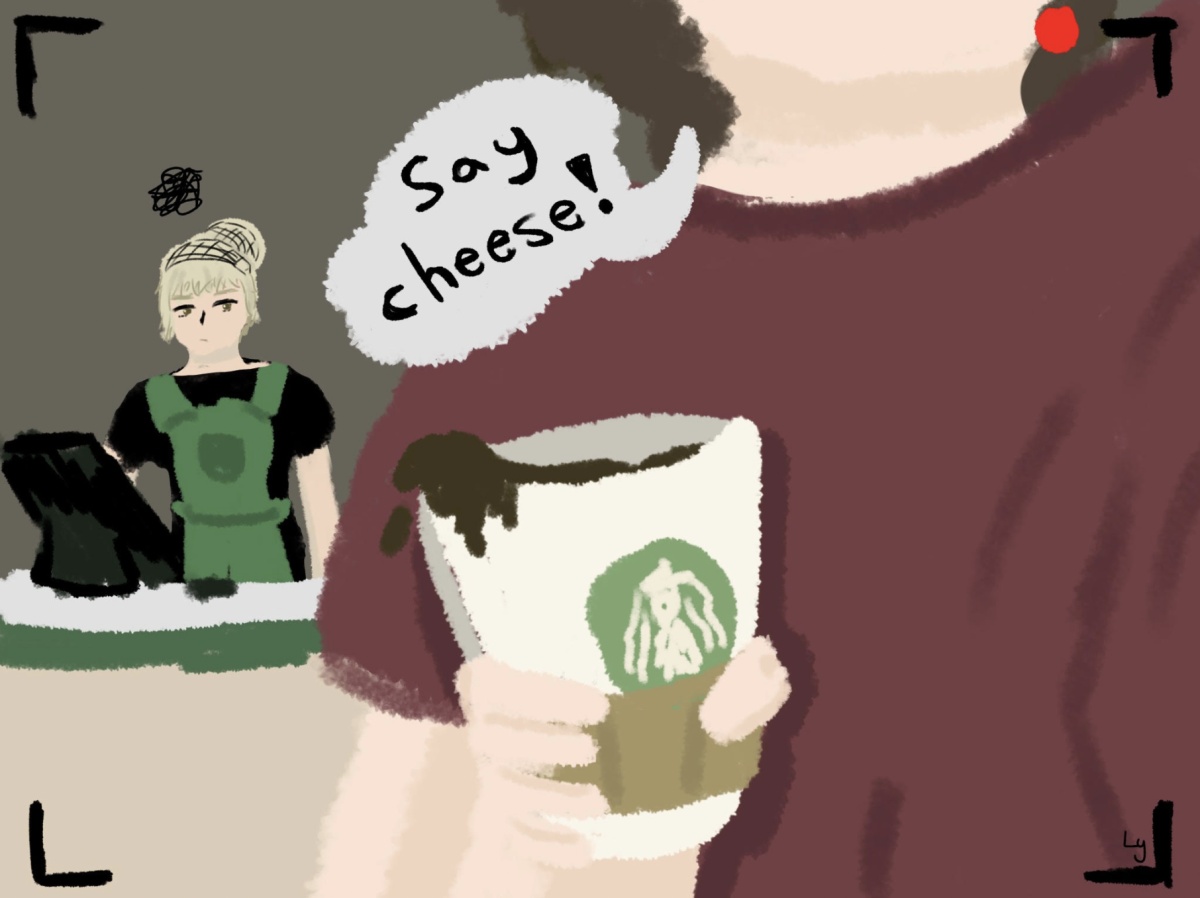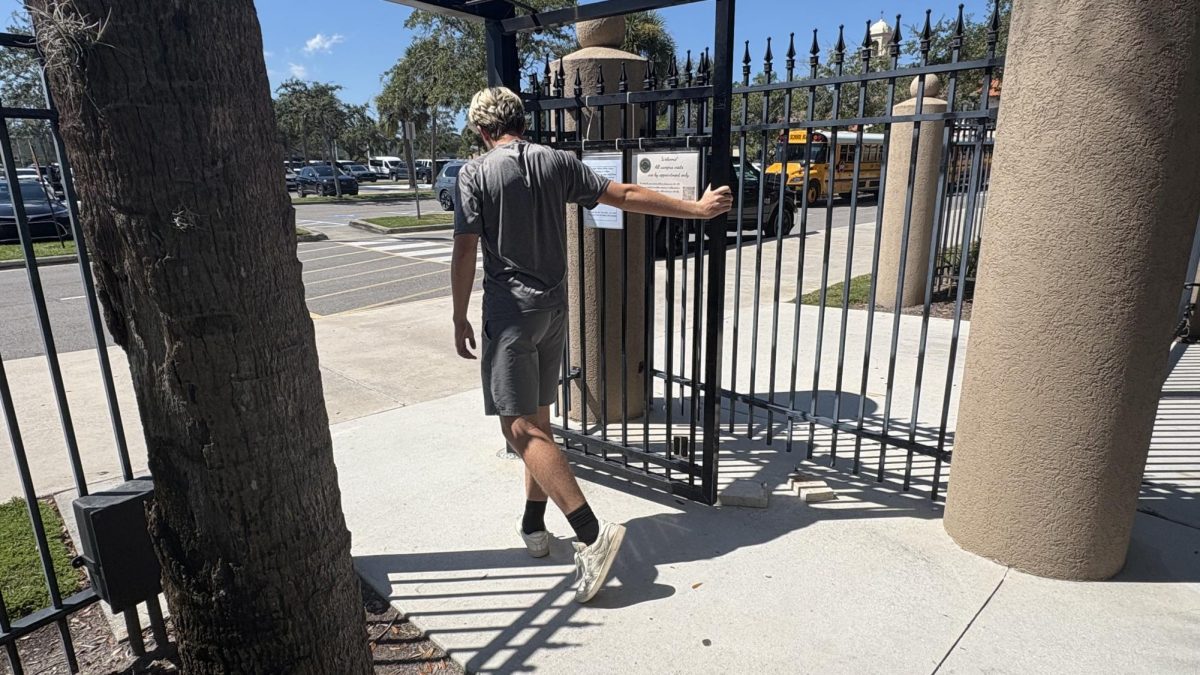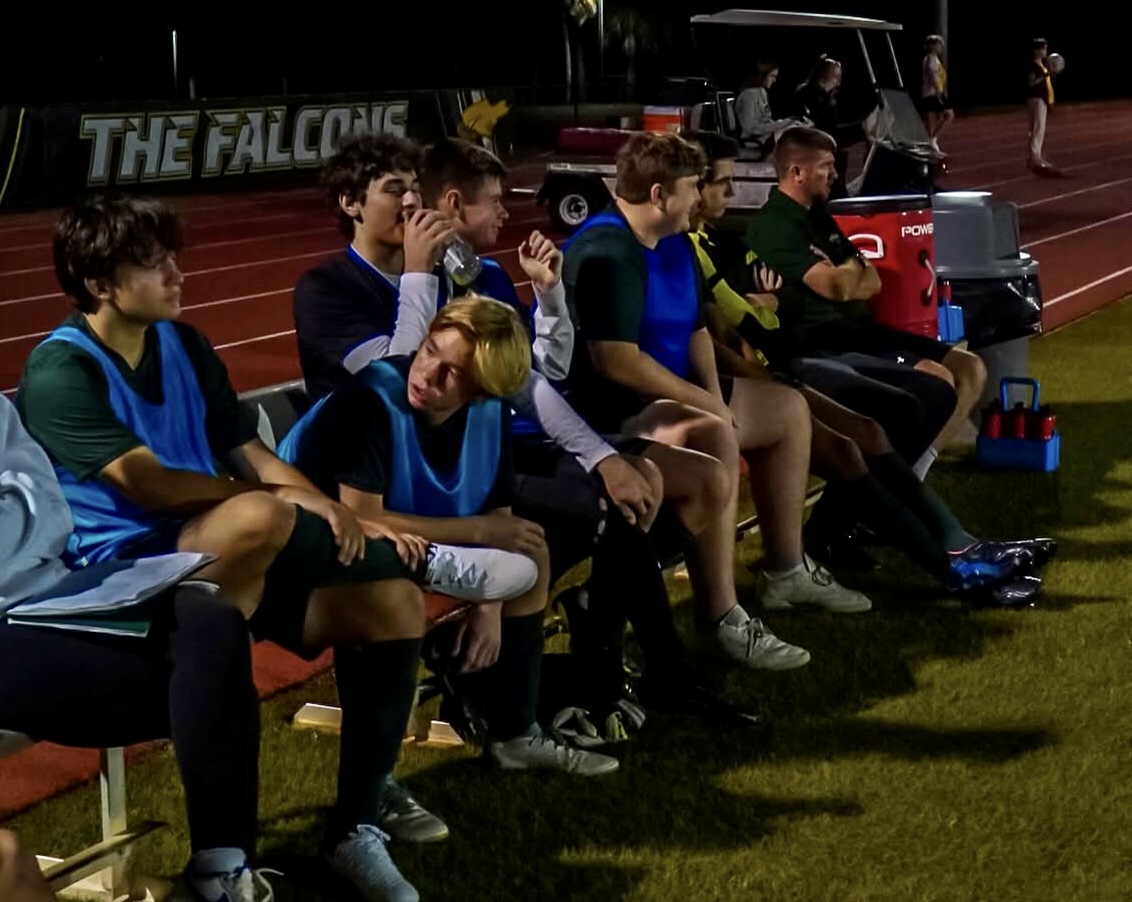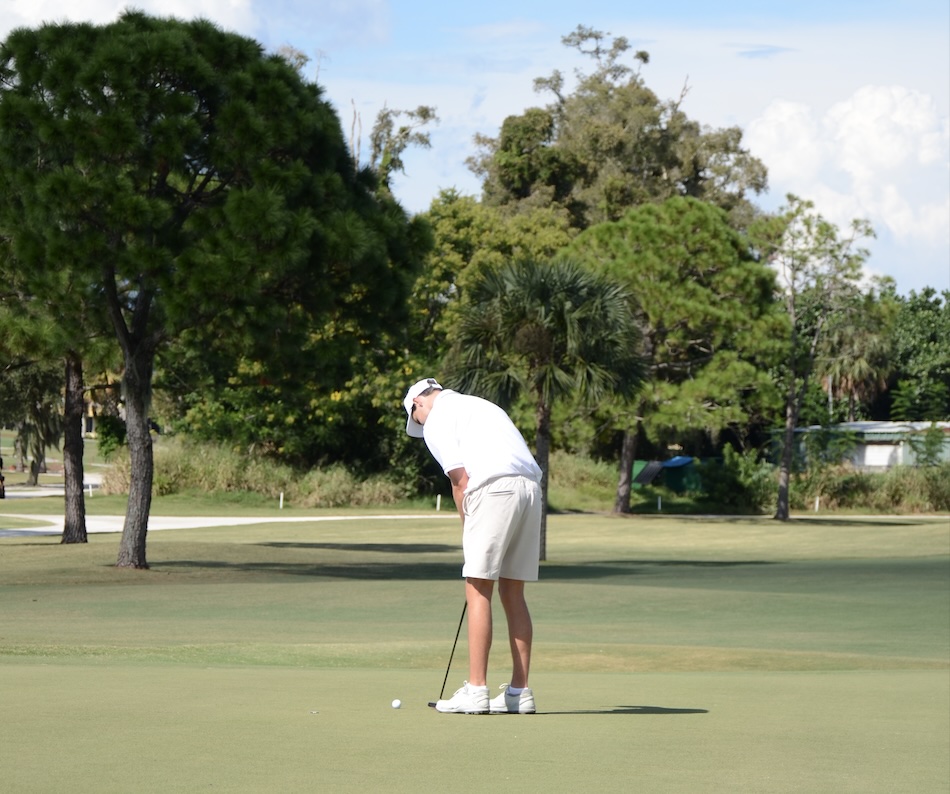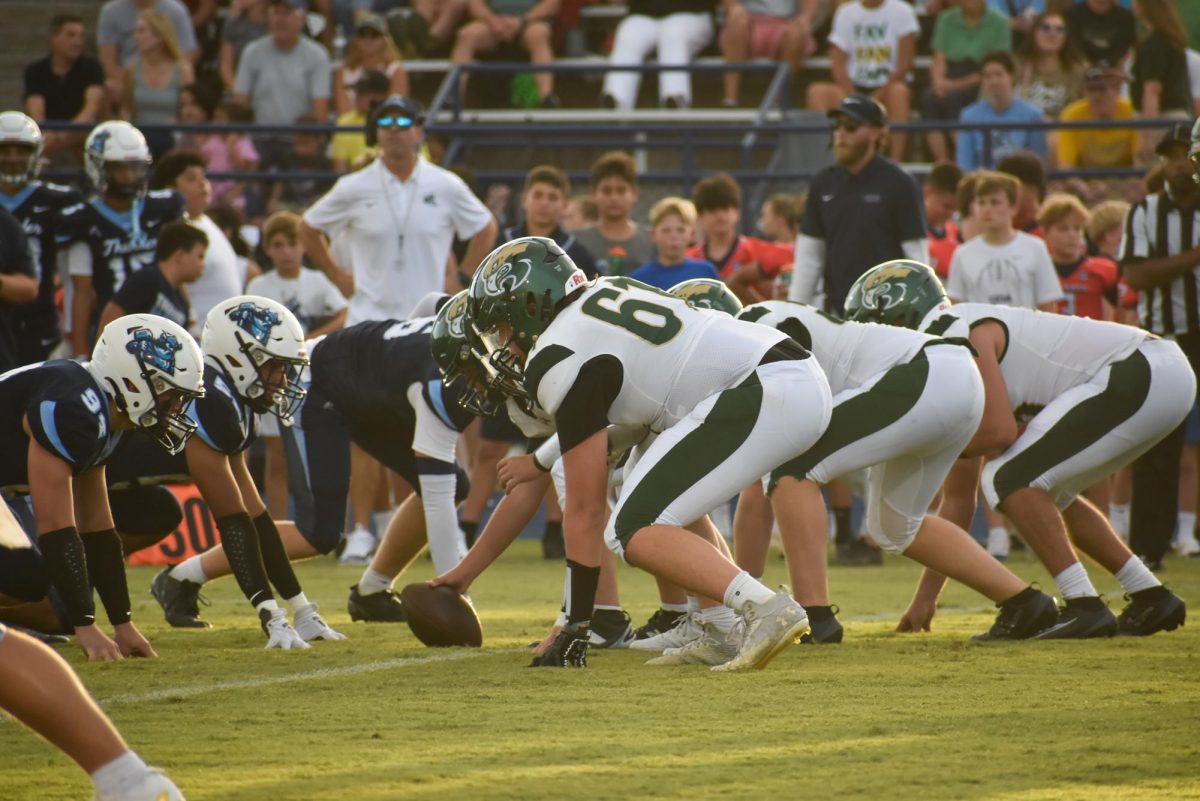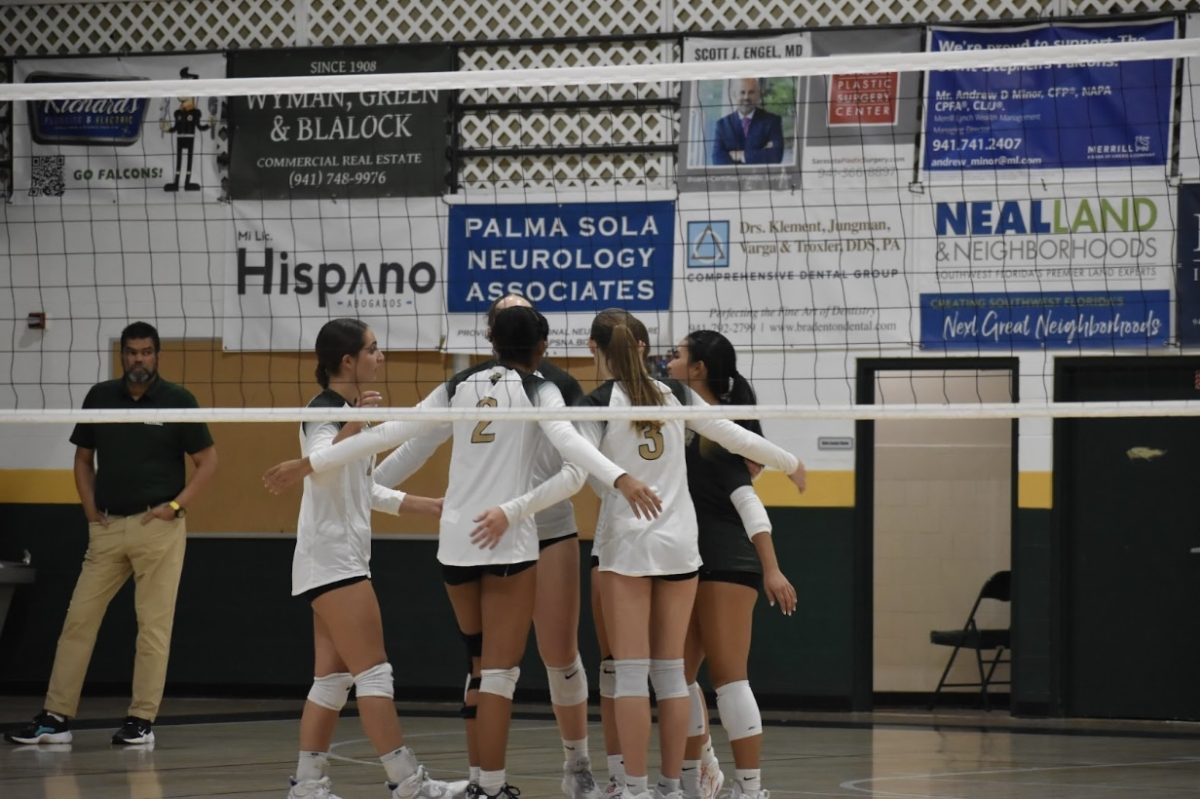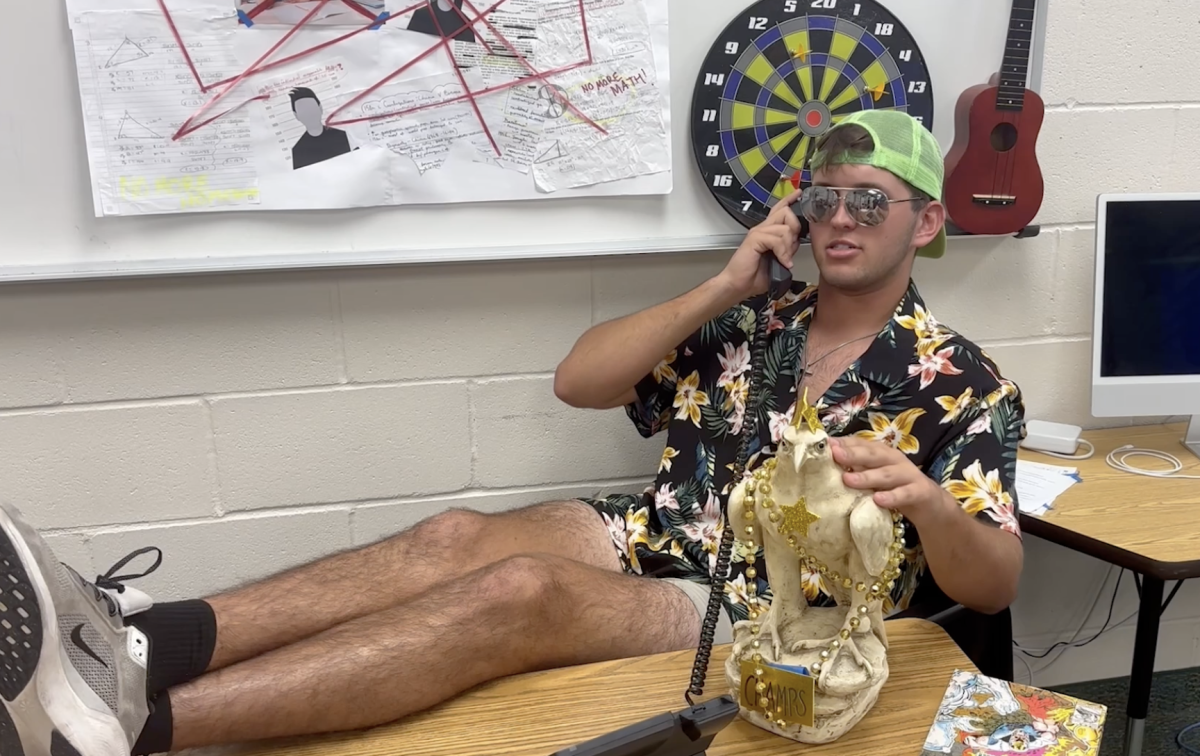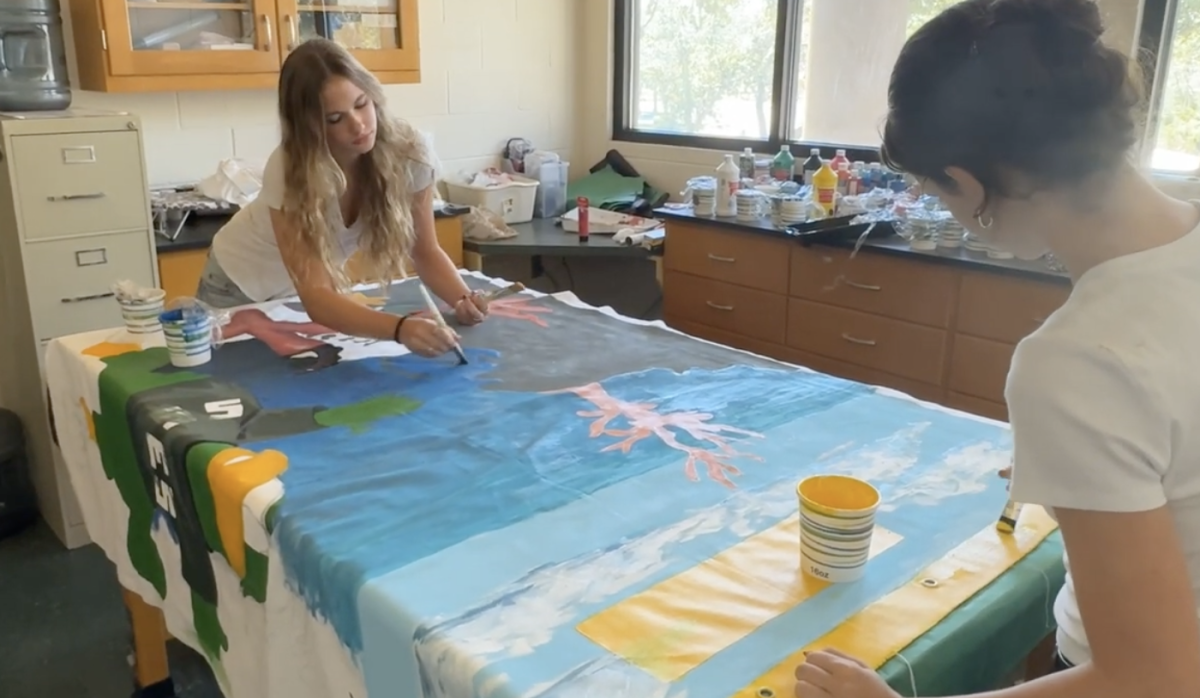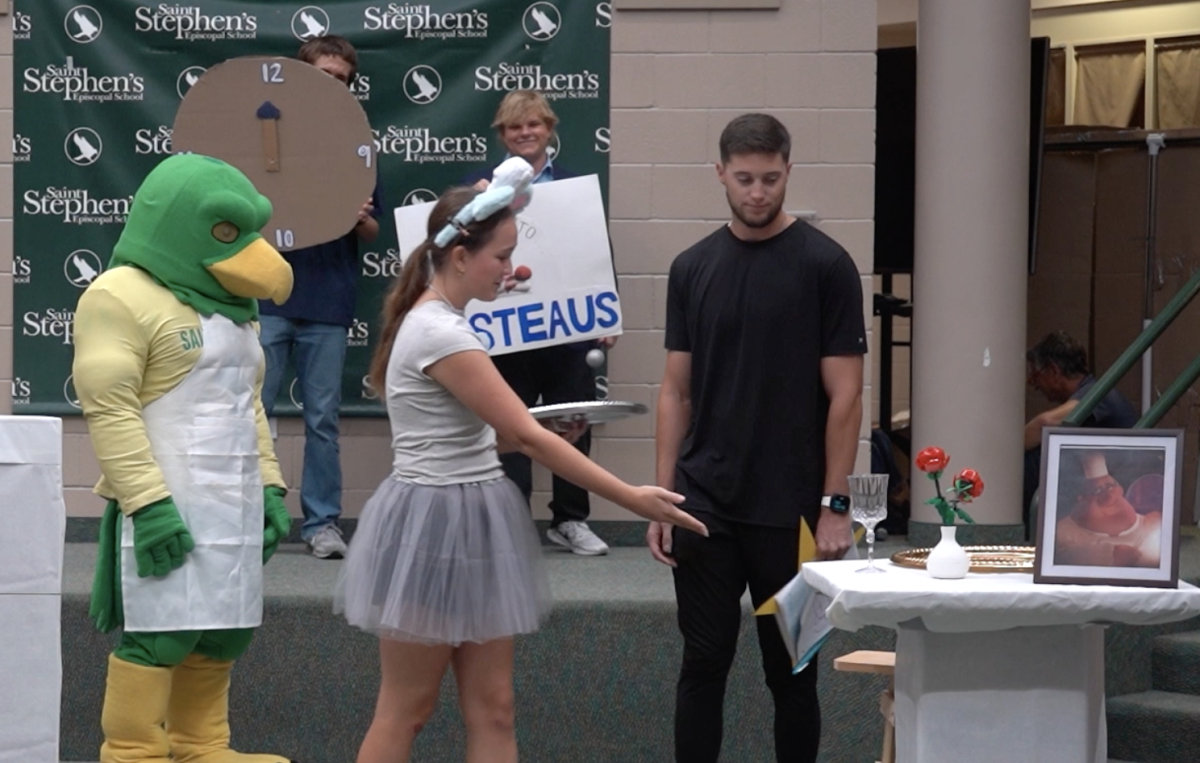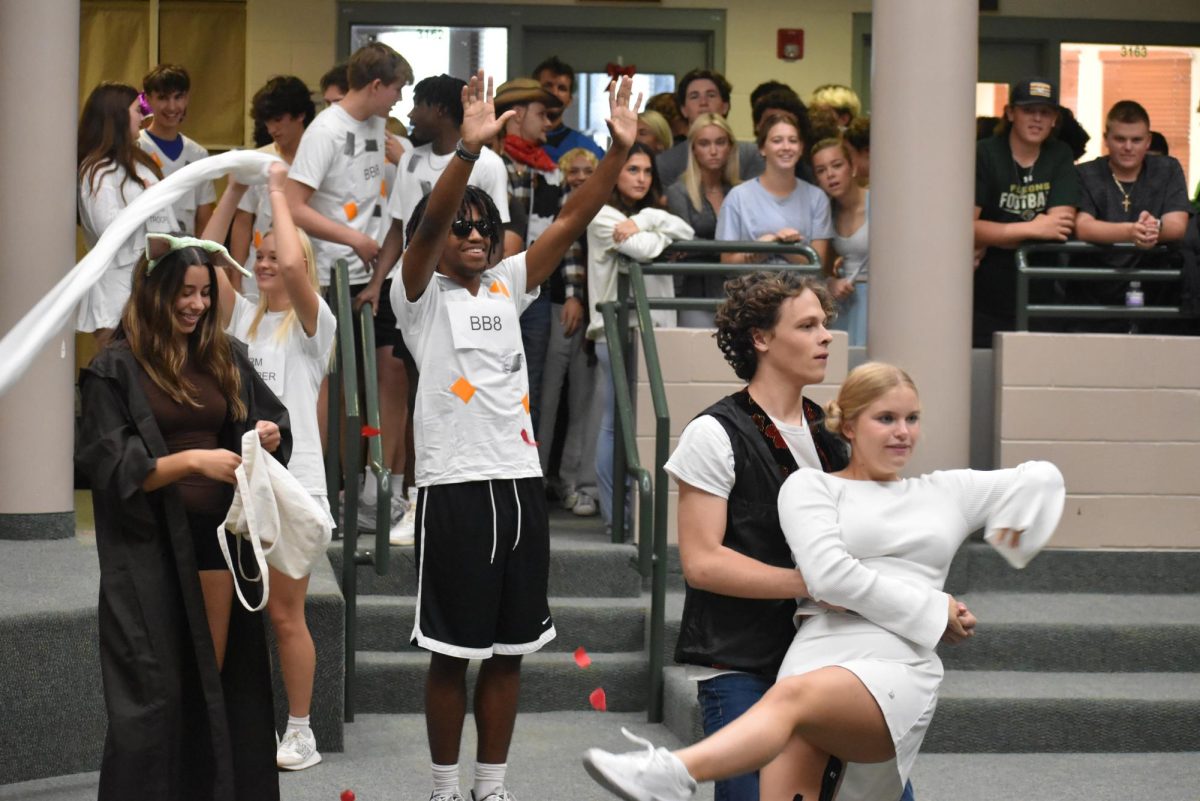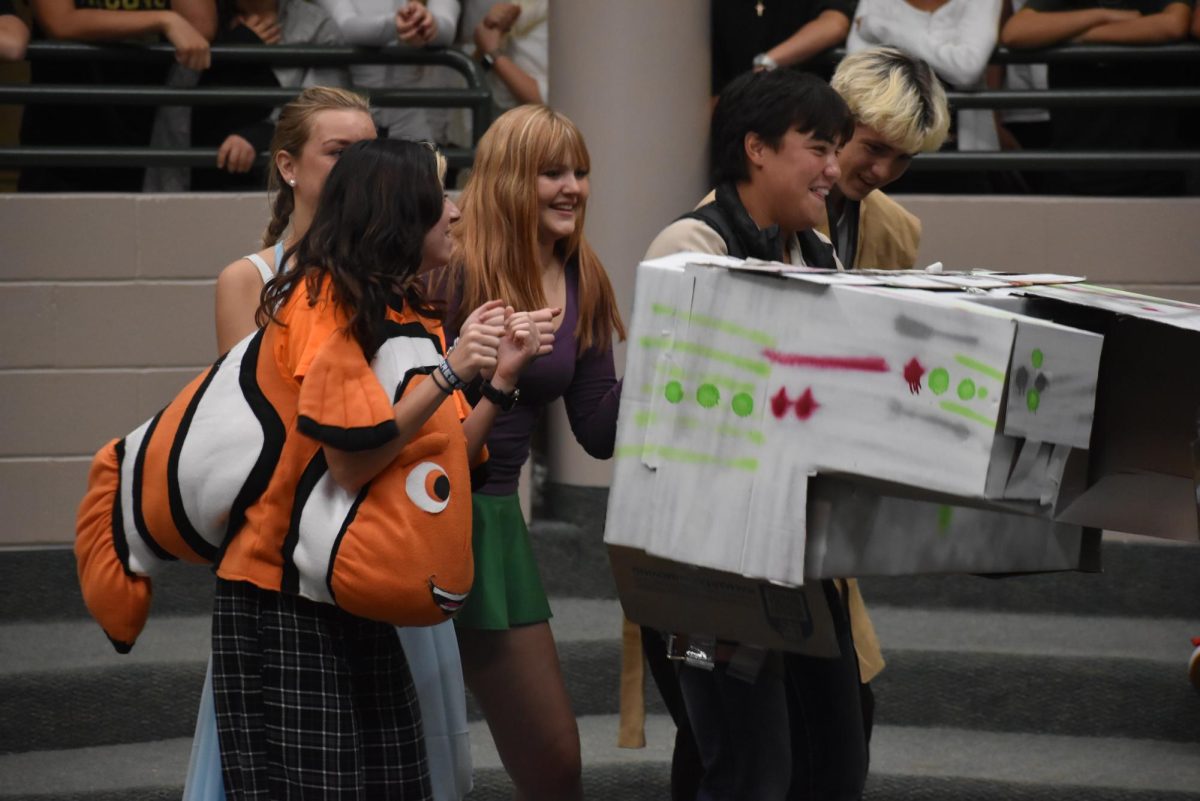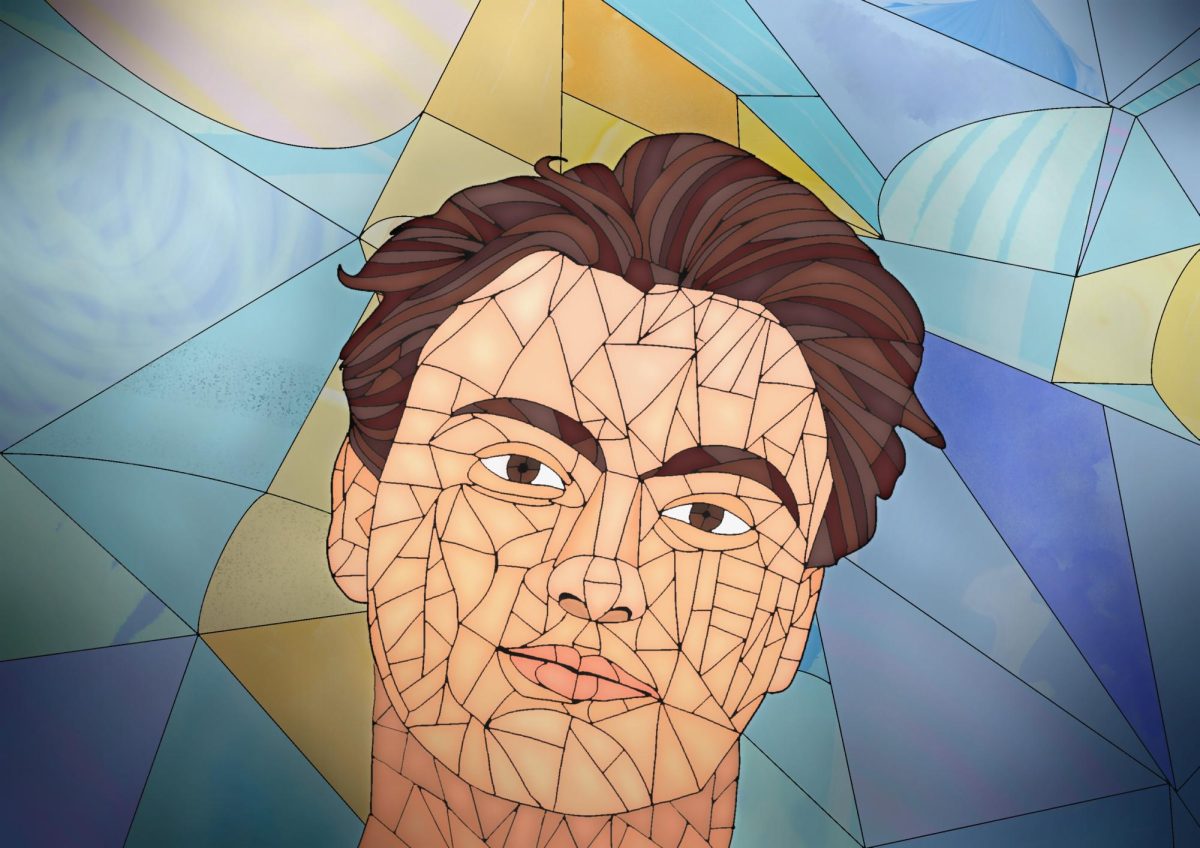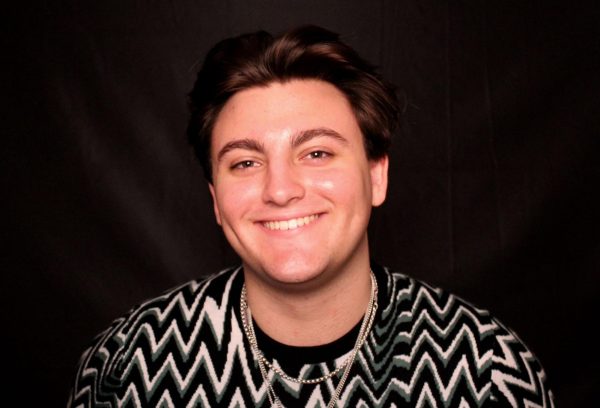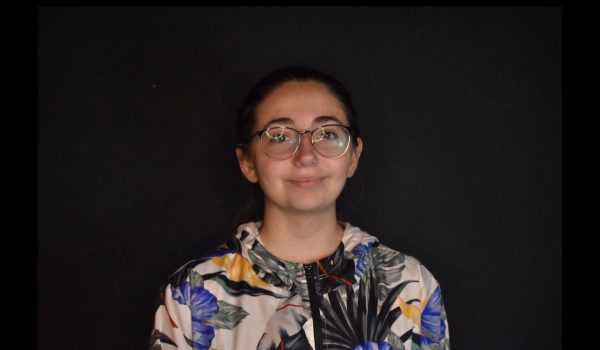I have found myself more times than any other high school student.
Now, I don’t consider myself lost or in need of an identity; I am not wafting through life in hopes of finding something to assemble or define my character; however, it seems as if every month or two, I am presented with a new fixation, eureka moment, or change of worldview. Finding myself hasn’t been a one-time discovery: I’m constantly finding myself.
This constant pursuit has transformed me into a mosaic of a person; each individual piece, represents a small facet of how I define myself, culminating to create the greater image of “who” I am.
Some of my friends have even joked that when I’m trailing off in thought, I am “finding myself again.” And while the jokes are funny– paradoxically– my friends are correct. I’m always trying to find myself.
Philosophers and English teachers alike emphasize this imaginative search for oneself. From Paolo Cuehlo’s The Alchemist to Friedrich Nietzsche’s works, this focus has been taught to younger audiences since grade school.
What does finding yourself really mean, though? And why is it important to our human experience?
The term “finding yourself” refers to the intrinsic human motivation to understand one’s identity. As humans, we yearn to define ourselves and give meaning and purpose to our lives. The goal of finding yourself is to bring definition to your identity to better navigate your journey through life; however, the journey of finding yourself has been simplified through novels and media, creating a false idea that finding yourself is a one-time thing.
The truth is— finding yourself is a lifelong voyage.
Your journey through life is comprised of self-discovery; it’s a never-ending voyage rather than a final destination.
Friedrich Nietzche, one of the most influential philosophers of all time, distinguished between states of “being” and “becoming.” Nietzche said the idea of “being” is an illusion; rather, he said that people, and the world, are in a constant state of flux, change, becoming, not being.
You are always becoming someone new; with every new day, you are becoming a new person. You are not the person you were yesterday, an hour ago, a minute ago, or a second ago.
To answer my own question in the title of this story, “To be or to become?” the answer is obvious: to become.
Quit trying to be something; Know that you are a creature of evolution. Enter each day with the philosophy that you are gonna become a truer version of yourself.
To oppose Pinar, no one can “Learn what you are and be such,” because no one can be defined by the person they “are” today. Each day, you become someone new based on the conversations you had, the environment you have surrounded yourself in, and the thoughts flying through your head.
Understanding this philosophy is crucial because it encourages curiosity. Curiosities in academia, the arts, the workplace, and the real world—with your family, your friends, your neighbors, your teachers—and culture will allow you to live life to its fullest extent.
Curious individuals share a change mindset: the ability to accept change and evolve and the ability to search for oneself to become a multifaceted, ever-evolving individual.
I question why things are the way they are, why people act the way they do, and why I am the way I am. Constantly questioning my world has allowed me to be in a constant state of becoming, and I’m okay with that.

